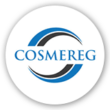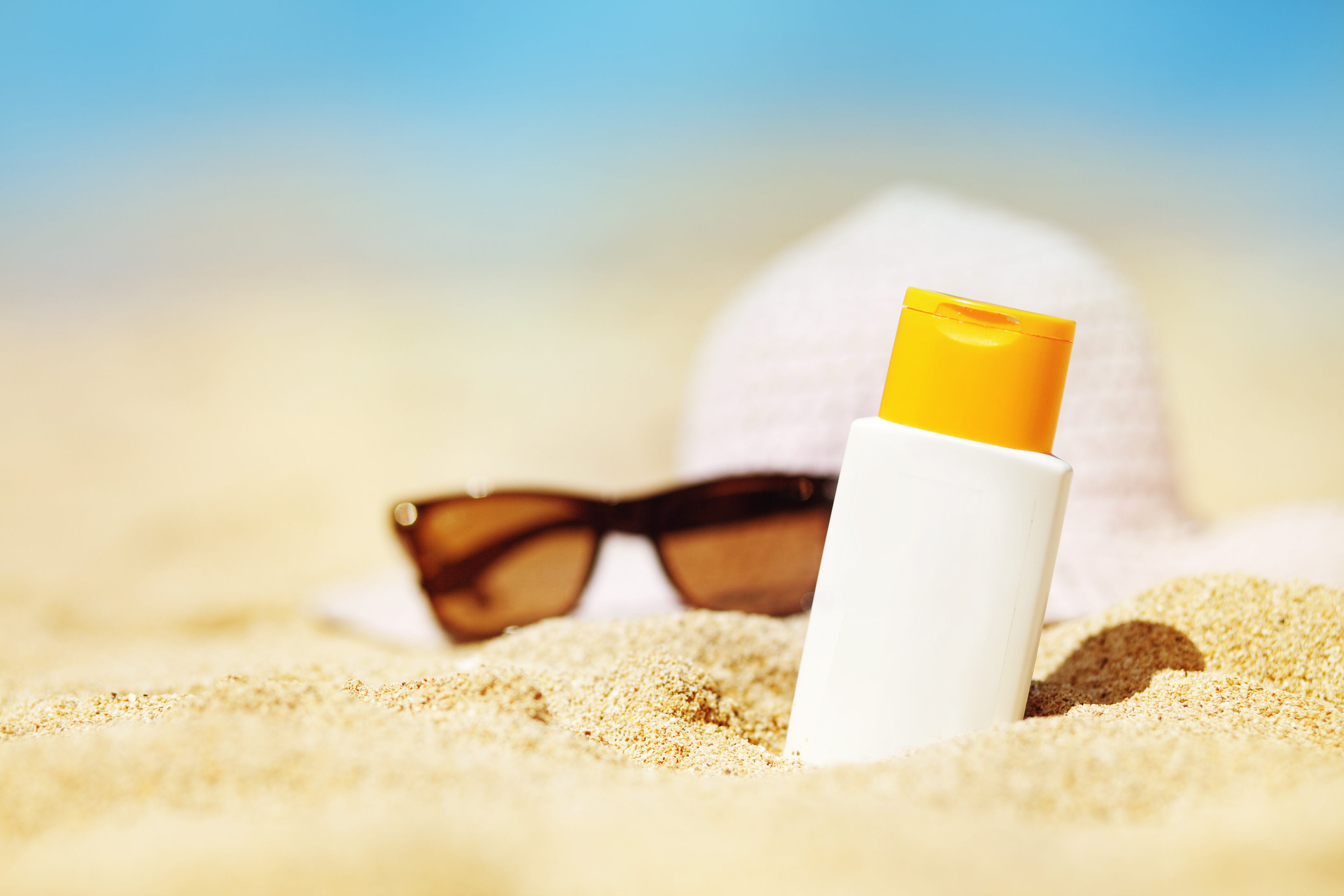New FDA Sunscreen Regulations in the near future: What you need to know?
Sunscreen products are classified as over-the-counter OTC products. FDA just released a new proposal of FDA sunscreen regulations. The proposed law requires products to be safe and effective. This update means that all non-approved sunscreen products currently sold in the US market will need to consider changes in the product label and product composition.
What are the key proposed requirements for new FDA sunscreen regulations?
FDA sunscreen regulations require to meet Broad Spectrum designation, Use Claims, Water Resistance, and drug label claims.
- Broad Spectrum protection: the proposal requires sunscreens with an SPF value of 15 or higher to also provide broad-spectrum protection and that, for broad-spectrum products, as SPF increases, the magnitude of protection against UVA radiation also increases. Proposes to boost the utmost proposed SPF value on sunscreen labels from SPF 50+ to SPF 60+.
- Active ingredients: FDA mentioned that there are 16 ingredients currently marketed, where 2 ingredients zinc oxide and titanium dioxide are considered safe and 2 other ingredients PABA and trolamine salicylate are not considered safe, while the other 12 are under investigation due to insufficient data.
- Dosage Form: These dosage forms will be considered safe by the new sunscreen regulations: lotions, oils, sprays, creams, gels, butter, ointments, sticks, and butter. Other dosage forms mentioned in the new proposal will be considered as a new drug as for the FDA there is not much scientific data available. These dosage forms include Wipes, body washes, shampoos, towelettes, and others.
- Sunscreen label requirement: Active ingredients are required to be placed in the display panel like other drugs. Consumers have to be able to read a statement on the front label that skin cancer/skin aging has not been determined to prevent cancer. In addittion revised formats for SPF, broad-spectrum, and water resistance statements.
The Importance of Cosmetic Labeling, Are you in compliance with?
As labeling is not only used to help inform consumers of a product’s intended use and any related warnings, also notify its ingredients, the net quantity of contents, and its place of manufacture or distribution, Proper labeling is an important aspect of marketing a cosmetic or personal care product. A mislabeled product may be deemed “misbranded” and denied entry into the United States.
The use of the term “sunscreen” or similar sun protection terminology like SPF during a product’s labeling would cause the merchandise to be classified as a drug. The new requirements would also apply to cosmetics and moisturizers labeled with SPF values. so as to avoid consumer misunderstanding, manufacturers are required to label accurately to reflect the test results.
Confused?
If you are unsure about the classification of your product, the regulatory status of ingredients, or the labeling of the product, Cosmereg can assist you to comply with the FDA sunscreen regulations.
Cosmereg’s Ingredients & Labeling Review service will help you bring sunscreen cosmetic products to market in the U.S. safely and quickly.
For more information about FDA regulations, FDA registration, cosmetic labeling & Ingredient Review, Please contact our FDA regulatory consultant or call us +1 646 513 2815 for the U.S. and +44 20 3318 2439 for Europe.



